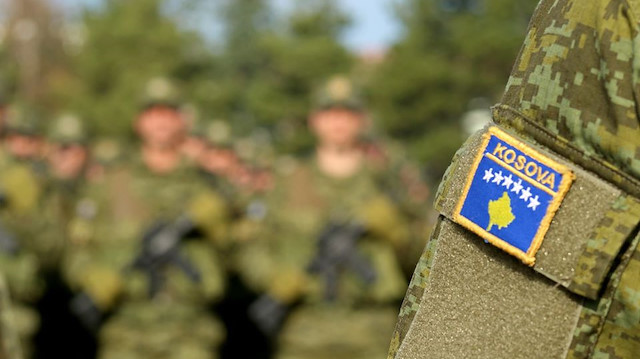
In March 1999, NATO launched air campaign to halt humanitarian catastrophe in Kosovo, turning a new page for Balkan country
Over 20 years ago, NATO launched an air campaign against the former Yugoslavia to end the oppression and massacre against the civilians in Kosovo.
NATO's Operation Allied Force on March 24, 1999, opened a new chapter in the history of this small Balkan nation, forcing the Serbian military out of Kosovo and allowing the stationing of international mediators in the country.The operation was a turning point for Kosovo's people as it paved the way for the safe return of all refugees and displaced persons.
On September 23, 1998, the UN Security Council adopted resolution 1199, calling for a cease-fire amid increasing tensions. However, in December the cease-fire collapsed after the mayor of Kosovo Polje, Zvonko Bojanic, a Serbian national, was found dead near Pristina.
Forty-five Albanian farmers were murdered on January 15, 1999, near Kosovo's Račak village, however, the Yugoslavian officials refuted the massacre and blamed it on the Kosovo Liberation Army.
A conference attended by officials from the U.S., U.K., France, Germany, Italy, and Russia in France's Rambouillet was held on February 6, 1999, in efforts to put an end to the crisis.
Lasting until February 23, 1999, the Serbian and Russian sides did not sign the Rambouillet Agreement.
As the efforts to convince Yugoslavia were unsuccessful, NATO gave start to the 78-day air campaign on March 24, 1999.
All NATO members except Greece participated in the operation. Turkish Armed Forces participated with 10 F-16 planes.
Ending a 78-day operation, on June 10, 1999, NATO announced the suspension of the air campaign once the Military-Technical Agreement with the former Yugoslavia was signed.
The same day, Yugoslavia accepted UNSC's resolution 1244, allowing the UN to administrate Kosovo.
During the years of 1998 and 1999, over 10,000 people from Kosovo -- including 8,000 Albanians -- were killed and over 1 million civilians including different ethnic groups were displaced from their homes.
On February 17, 2008, Kosovo declared its independence. While over 100 countries recognize Kosovo's independence, Serbia continues to perceive Kosovo as its land.
*Writing by Merve Aydogan


